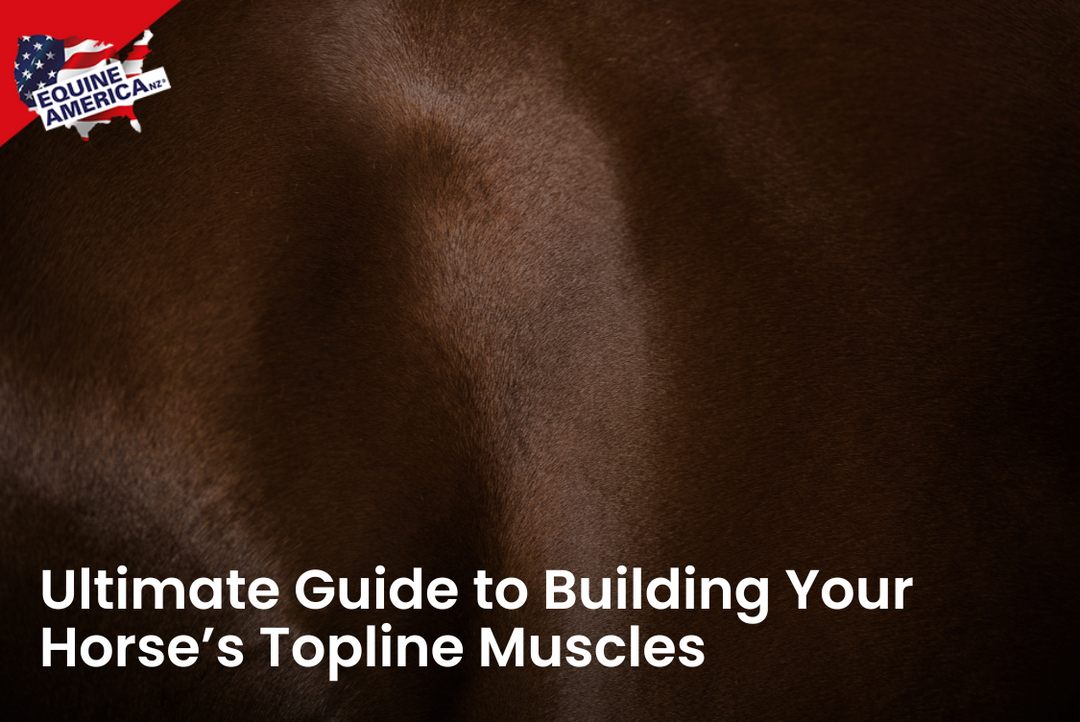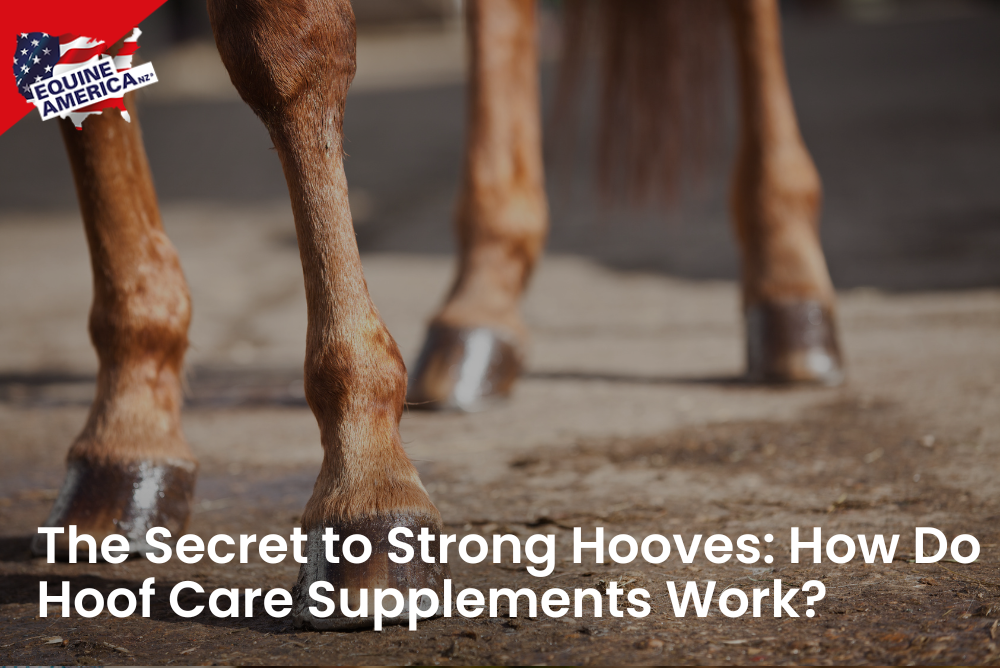Overview of Horse Digestion
Before we dive into how long it takes for food to pass through a horse's digestive system, let's take a moment to understand the basics of horse digestion. A horse's digestive system is complex and unique, designed to break down tough plant materials like hay and grass.
The horse's digestive system is divided into two main sections: the foregut and the hindgut. The foregut includes the mouth, esophagus, stomach, and small intestine. This is where the initial stages of digestion occur, with saliva breaking down food in the mouth and stomach acids further breaking down food in the stomach.
The hindgut includes the cecum and large intestine. This is where food fermentation occurs, breaking down the fibrous materials and extracting nutrients such as vitamins and minerals. The cecum is a large, pouch-like structure that houses billions of beneficial bacteria and microbes, which break down tough plant fibres and release nutrients for absorption.
Overall, the horse's digestive system is designed to work efficiently, allowing for maximum nutrient absorption from food. However, it's important to understand that every horse is unique, and their digestive system may work differently based on factors such as age, breed, and overall health. Understanding the basics of horse digestion is essential for maintaining your horse's health and preventing digestive issues.
How Long Does Food Take To Pass Through A Horse's Digestive System?
The amount of time it takes for food to pass through a horse's digestive system can vary depending on several factors such as age, breed, and type of feed. On average, it takes about 24-72 hours for food to travel through the entire digestive system.
The process begins in the foregut, where food is broken down by stomach acids and digestive enzymes in the small intestine. From there, the partially digested food moves into the hindgut, where it is fermented and further broken down by beneficial bacteria and microbes in the cecum and large intestine.
Fibre-rich feeds, such as hay and grass, take longer to digest than concentrates like grains and pellets. This is because fibre takes more time to break down and extract nutrients from. In general, it can take anywhere from 24-48 hours for fibre-rich feeds to pass through a horse's digestive system, while concentrates may pass through in as little as 12 hours.
It's important to note that a horse's digestive system works best when there is a steady flow of food passing through. Long periods of fasting or abrupt changes in diet can disrupt the delicate balance of the digestive system and lead to issues such as colic and digestive upset.
In summary, the amount of time it takes for food to pass through a horse's digestive system varies based on several factors, but on average it takes about 24-72 hours. Understanding your horse's unique digestive system and feeding them a consistent, balanced diet can help maintain their digestive health and overall well-being.
Signs Of Poor Digestion
As a horse owner, it's important to be aware of the signs of poor digestion so you can take action to address any potential issues. Some common signs of poor digestion in horses include:
- Changes in appetite: Horses that are experiencing digestive upset may have a decreased appetite or may refuse to eat altogether.
- Weight loss: Poor digestion can lead to weight loss, even if a horse is eating the same amount of food as usual. This can be a sign that they are not absorbing nutrients properly.
- Changes in manure: Abnormal manure can be a sign of digestive issues. This can include loose, watery stools or small, dry pellets.
- Abdominal pain: Horses with digestive issues may exhibit signs of discomfort such as pawing, kicking at their belly, or lying down more often than usual.
- Dull coat or poor condition: If a horse is not properly digesting their food, they may not be getting the nutrients they need to maintain a healthy coat and overall condition.
If you notice any of these signs, it's important to consult with your veterinarian as soon as possible. They can help you determine the underlying cause of the issue and recommend a course of treatment.
In some cases, poor digestion can be the result of an underlying medical condition such as ulcers or colic. In other cases, it may be due to dietary factors such as a lack of fibre or an overreliance on concentrates. Working with your veterinarian and equine nutritionist to develop a balanced, appropriate diet for your horse can help prevent digestive issues and promote overall health and well-being.
Tips To Promote Healthy Digestion
Promoting healthy digestion is key to maintaining your horse's overall health and well-being. Here are some tips to help support good digestive function in your horse:
1. Provide plenty of forage
Horses are designed to graze throughout the day, so it's important to provide them with plenty of good quality hay or pasture. This will help promote healthy gut motility and keep the digestive system working as it should.
2. Avoid sudden changes in diet
Horses have sensitive digestive systems, so it's important to introduce any new feeds or supplements gradually to avoid upsetting their stomachs.
3. Ensure adequate hydration
Horses require plenty of clean, fresh water to support proper digestive function. Make sure your horse always has access to clean water and consider offering electrolytes during times of heavy exercise or hot weather to help maintain hydration.
4. Feed smaller, more frequent meals
Rather than feeding your horse a large meal once or twice a day, consider feeding smaller meals more frequently. This can help support healthy gut motility and reduce the risk of digestive upset.
5. Provide a balanced diet
Ensure your horse's diet is balanced and appropriate for their age, weight, and activity level. Consult with your veterinarian and equine nutritionist to develop a feeding plan that meets your horse's specific needs.
Final Thoughts
Maintaining your horse's general health and well-being requires taking into account how long food takes to pass through a horse's digestive system, spotting symptoms of poor digestion, and putting helpful advice into practice. By ensuring your horse has access to plenty of good quality forage, avoiding sudden changes in diet, ensuring adequate hydration, feeding smaller, more frequent meals, and providing a balanced diet, you can help support your horse's digestive health and reduce the risk of digestive issues. Your horse can remain healthy and content for a long time with the right care and attention.
Reach Out To Equine America NZ
Check out the Equine America NZ line if you're looking for high-quality supplements to support your horse's digestive health. Equine America NZ, a company with over 20 years of experience and a dedication to quality, provides a variety of efficient supplements for horses, such as digestive aids like Pro Gut Balancer and electrolytes with an apple flavour like Apple Lytes. Visit our website to find out more about their offerings and how they can promote the health and well-being of your horse. Give your horse the benefit of supplements from Equine America NZ because they deserve nothing less.
Please give us a call at Equine America NZ today at 0800 440 888 to learn more or leave an enquiry.




